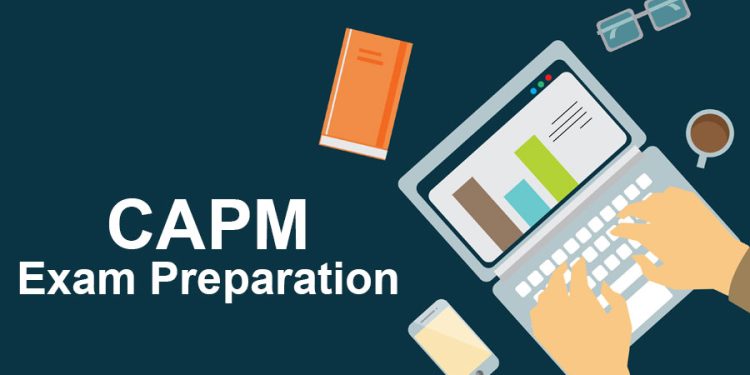What does it mean to be CAPM certified?
Project Management Institute’s Project Management Professional (PMP) certification is one of the most well recognised credentials for project managers, and it is the most widely accepted. It’s the most widely accepted certification for project managers, and it’s also the one that most people take. Additionally, they have PMI Scheduling Professional and Risk Management Professional certificates, which focus on a specific area of expertise.
For the CAPM test, how do you prepare?
If you’re unsure about an answer, go with B. It has the highest probability of being accurate based on the exam’s question data. Please don’t – I’m not serious! For the exam, there are no simple shortcuts. All answers are given equal consideration. In some cases, the “longer response” is not always the best answer. However, there are a few things you may do to improve your exam preparation.
Get your hands on the books.
Rita’s book or the PMBOK Guide may be the question on your mind. Both of these were given to me as part of my education. I was given the “PMP Exam Prep” instead of the “CAPM Certification Exam Prep” because of my participation in the PMP preparation workshop, but I elected to remain with it since I anticipated that “PMP Prep” would be an expanded version of “CAPM Prep”. To help you prepare for the exam, Rita’s book is excellent. People who want to take the test will find a number of tips and reminders on what they should be aware of.
It serves as an excellent supplement to the handbook and fills in many of the gaps. Project Management Offices (PMOs) are the Project Management Offices (PMOs) that assist project managers in their duties. For the first time, I learnt that there are three various ways that they may be used. Each of them is also given a unique moniker. For the exam, I think it’s important to have this information. Rita’s book was notably beneficial in terms of the “circumstances” of project management, rather than the actual procedures themselves.
Enrol in a class
The Project Management Body of Knowledge (PMBOK) is quite dry. A lot of material is covered, however there are a lot of tiny nuances that you’ll need to know for the test that aren’t included. Real-world scenarios are also left out of the discussion. When it comes to this, attending a course can be of use. It’s far simpler to grasp and retain information when you have a teacher or mentor who can walk you through each step and provide real-world examples.
In-person workshops might cost a lot of money. You wouldn’t have to pay for it yourself unless you were very certain that you’d need this certificate. Udemy has a lot of video courses that are frequently on sale. You’d be wise to invest in one of them, especially because you can use some of the time toward the mandatory 25 hours of formal training by Sprintzeal. Some courses on Udemy (such as “AWS Solution Architect”) are excellent value for money when they’re on sale, but I haven’t taken any Project Management courses there. If you’re looking for a 20-hour course that’s constantly updated to keep earning high ratings, you’re getting a terrific price here.
Get inside the mentality of a project manager
Think of each question as if it were a “project that is being handled by the book,” and you’ll do well on the exam. Regardless of how you manage tasks at work, it doesn’t matter. Even if you do things slightly differently and it works, it doesn’t matter. You must ask yourself, “What would a wonderful project manager do?” for every question. In many cases, there is more than one valid solution. It’s also possible that all four answers are right at the same time. You’ll need to choose the best one for the task at hand. You’ll come to realise that one answer encompasses several others at some point. When you get a query like “now that this and this has been completed, what should you do next?” you should pick a procedure that will follow directly after the prior one.
Become familiar with inputs, tools, and outputs.
Learn each process’s inputs, tools, and outputs. Make them your own. It’s possible to go a long way if you grasp each step of the process. When it comes to understanding procedures rather than learning them, as Rita’s book advises, it’s still necessary to memorise a few details. If “Perform Qualitative Risk Analysis” has meetings as a tool and technique, why does “Perform Quantitative Risk Analysis” not? It appears that no one can see or speak to you. Is it not legal for you to hold a meeting even when you are doing “Data Analysis” and “Interviews” as part of “Data Gathering?”















